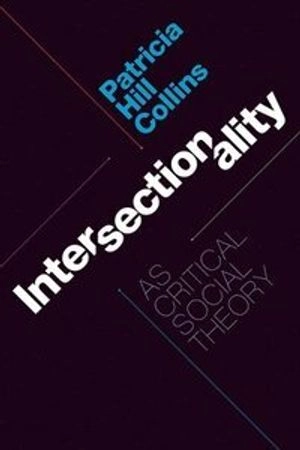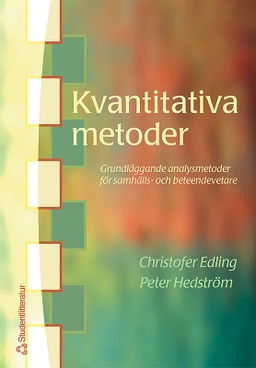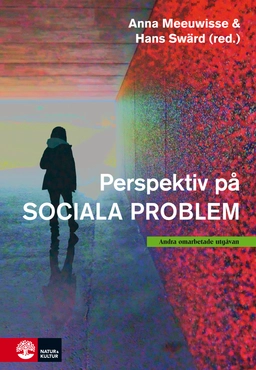

Intersectionality as critical social theory
- Utgiven: 2019
- ISBN: 9781478006466
- Sidor: 376 st
- Förlag: Duke University Press
- Format: Häftad
- Språk: Engelska
Om boken
Åtkomstkoder och digitalt tilläggsmaterial garanteras inte med begagnade böcker
Mer om Intersectionality as critical social theory (2019)
2019 släpptes boken Intersectionality as critical social theory skriven av Patricia Hill Collins. Den är skriven på engelska och består av 376 sidor. Förlaget bakom boken är Duke University Press.
Köp boken Intersectionality as critical social theory på Studentapan och spara pengar.
Referera till Intersectionality as critical social theory
Harvard
Oxford
APA
Vancouver



















